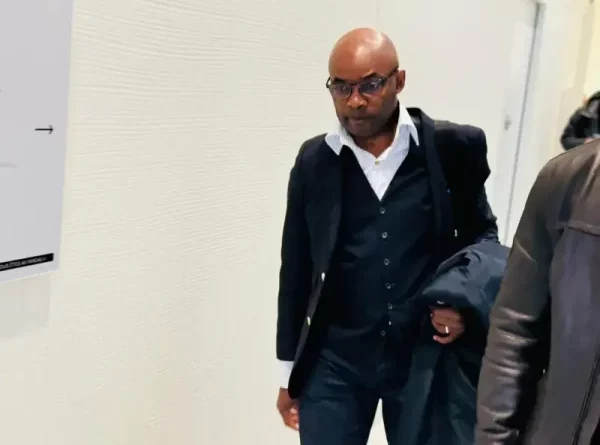French court vonvicts Charles Onana for denying and minimizing the 1994 Genocide against the Tutsi
On December 9, 2024, a French court convicted writer and researcher Charles Onana of charges related to genocide denial and minimization concerning the 1994 Genocide against the Tutsi.
The charges stemmed from Onana’s book, “Rwanda, la vérité sur l’Opération Turquoise: Quand les archives parlent” (Rwanda, The Truth About Operation Turquoise: When Archives Speak), published on October 30, 2019.
The trial, which lasted four days starting on October 7, 2024, was prompted by complaints filed by three organizations: CPCR, Survie, and IBUKA France. Onana was accused of denying the planned nature of the genocide, claiming there was no evidence that such a plan existed.
Trial Focus and Key Witness Testimonies
The trial concentrated on the central question of the genocide’s planning and the role of France’s 1994 military Operation Turquoise. The proceedings drew significant attention, with Rwandans and Onana supporters, including individuals from the Democratic Republic of Congo, attending.
Professor Thomas Hochmann, a legal expert, testified for the plaintiffs, emphasizing that the International Criminal Tribunal for Rwanda (ICTR) had conclusively established that the genocide was premeditated. He pointed out that numerous individuals had been convicted based on overwhelming evidence of planning.
Lawyer Bernard Maingain reinforced this by arguing that genocide cannot occur without prior planning. He cited evidence such as the widespread distribution of machetes and the lists of individuals targeted for execution as clear indicators of a deliberate strategy.
In his defense, Onana denied genocide denial accusations, claiming his book explored historical links to the downing of President Juvénal Habyarimana’s plane. He relied on testimonies from figures like General Jean-Claude Lafourcade, who led Operation Turquoise, and Johan Swinnen, Belgium’s former ambassador to Rwanda. Both allegedly acknowledged the genocide occurred but questioned evidence of its orchestration.
Verdict and Implications
Based on evidence presented by witnesses and international legal precedents, the court ruled that Onana had engaged in genocide denial and minimization, despite his denials. His book was identified as an attempt to distort Rwanda’s history.
This conviction underscores the ongoing global fight against revisionism and efforts to preserve the truth about the 1994 Genocide against the Tutsi.

